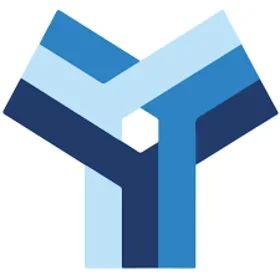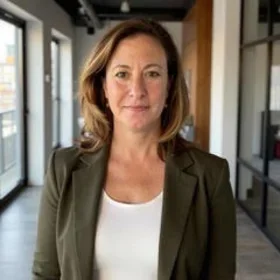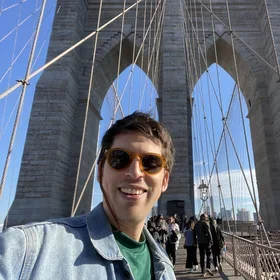After 20 years in the Navy, Paul Martin found himself adrift. He had moved with his family to Austin, Texas, and landed a job that sparked an interest in business operations. When the company restructured and the job ended, he seized the chance to get his bachelor’s degree in business administration. But it wasn’t until he and some fellow veterans who shared his passion for jeeps decided to form a veterans-only "jeeping" club that Martin rediscovered what he had been missing.
“It was really the first time since I retired from the service that I felt like I had a place, like I was with my people,” he said. “It brought back that sense of purpose I had in the Navy.”
Martin soon found a perfect way to channel that sense of purpose when he encountered O.P. Veteran, a nonprofit organization dedicated to fostering engagement between the broader veteran and nonprofit communities. He joined as a volunteer staff and board member (on top of a new full-time day job), and in the fall of 2019, he enrolled in the part-time online M.S. in Nonprofit Management program at Columbia University.
“The mission of O.P. Veteran is to help veterans who are transitioning out of the military find a renewed sense of purpose,” Martin said. Under the banner of “Watching Over Our Own” (the “O.P.” stands for “Observation Post”), the organization provides marketing and fundraising services to veteran-owned businesses and other nonprofits that support the veteran community.
Despite its lean staff and operations, the five-year-old outfit is “experiencing incredible growth—and it’s not stopping,” he said. “I felt it was really important to get a better grasp of the bigger picture so that as we grow, we’re able to scale appropriately.”
Columbia’s online Master’s in Nonprofit Management has enabled Martin to continue working and volunteering while completing coursework online. It has also allowed him to quickly apply what he learns in the classroom to the operations and ethical considerations of his nonprofit organization. He is particularly interested in governance and fundraising, which is the focus of his second semester, and he looks forward to the grant writing course.
A lot of what I’m learning now I’m able to apply in real-time to our organization.
Paul Martin ('21SPS Nonprofit Management)
“A lot of what I’m learning now I’m able to apply in real-time to our organization,” he said. “I’m starting to establish some of those fundraising guidelines and procedures. Doing that foundational work now will help us tenfold in the next five years.”
Although Martin was apprehensive at first about the program’s virtual format, given his previous experience with self-guided, asynchronous classwork, he has been very pleased with Columbia’s approach to online learning.
“I was really happy when I found out it was done live,” he said. “I like the fact that we’re speaking with the professors in real-time. As a class, we’re able to have discussions, and the professors do a great job of creating breakouts, so that you have a chance to work with a small group of students and dive deep into a topic.”
Martin also appreciates that the program organizes students into a single cohort. “You’re seeing the same people in class after class,” he said. “We’re starting to learn each other’s personalities, which helps in this type of learning environment. The extroverts are starting to come out, and I think we’ll see some good relationships being built personally that might even help us professionally, as well.”
Although the Covid-19 pandemic has forced many educational institutions around the world to quickly move classes online, Columbia’s virtual format was already in place. “Our program started online, so there’s nothing new to figure out,” Martin noted. “We’re able to continue on as if nothing happened.”
And although the current order to shelter in place has thrown a wrench into plans for O.P. Veterans’ annual spring fundraising event, the team’s military experience has helped them to improvise and persevere—essential capabilities for any scrappy nonprofit.
“Everything we’re doing has truly been reactionary based on the day-to-day decisions being made above our head,” said Martin. “But because we’re used to doing this, it really hasn’t phased us. We still stay true to our mission. Our goal is still to raise as much money as we can. We’re just going to have to find new ways to do that and be a little more creative in our process.”


